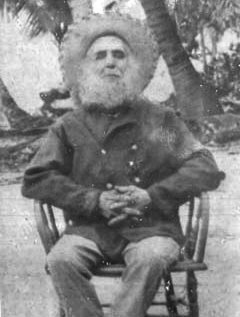LANGUAGES OF THE COOK ISLANDS
OFFICIAL LANGUAGES: COOK ISLANDS MAORI AND ENGLISH
A Papa'a's Guide
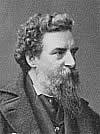
A papa'a is a foreigner - the word literally means four layers of clothes and refers to the way missionaries used to dress. James Chalmers from Scotland (pictured) was one such missionary who arrived in Rarotonga in 1867 and spent the next 10 years of his life working there.
These days, the four layers are optional, and definitely not recommended! And unlike in Chalmer's time, you will find almost everyone you meet is happy to speak to you in English, unless you venture to the most remote northerly islands where it is often not the first language.
However, according to the authoritative ethnologue.com, there are still five living languages (including English) in the Cook Islands.
COOK ISLANDS MAORI
This is sometimes called Rarotongan after the capital island and it's the most widely spoken version of Maori. It's estimated that about 27,000 people worldwide speak it, although numbers are rapidly declining. It's also the language of islanders on Atiu, Aitutaki, Mitiaro, Mauke and Mangaia where they have their own accent and a few of their own words
Some useful words
Kia orana (
Key-ah-oraah-nah)
= Hello
(literally, "may you live long")
Aere ra
(Eye-ray-raah) = Goodbye
Meitaki
(May-tah-key)
= Thank you
'Ae (Eye) = yes
Kare (Kah-ray) = no
Tane = man
Vaine = woman
Ko Toku Ingoa (Koe-toh-koo-eeh-noa) = My name is...
Mataora = happy
Kai = food
Teia ra = today
Apopo = tomorrow
Ra = sun
Marama = moon
Moana = ocean
Maunga = mountain
'Ura = to dance
THERE ARE LOCAL VARIATIONS OF LANGUAGE How you say thank you very much is a good example....Meitaki maata becomes: Meitaki ngao on Mangaia. Meitaki atupaka on Aitutaki. Meitaki polea on Penrhyn. Meitaki nui on Mauke
BITE SIZE LESSONS
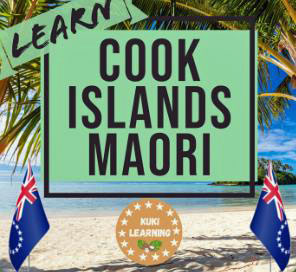
Cook Islands Maori is not the easiest of languages to get your tongue around, but New Zealanders Junior Charlie and Tom Harrison are making it their mission to help you learn in an easy and fun way. Their YouTube channel has bite size lessons covering everything from greetings, counting and asking the time to wishing someone happy Christmas. And along the way you can find out how to husk a coconut and how to flirt!
Click here for their YouTube channel

If you want a bit more, pay a visit to The Coconet.tv website where you'll find colourful posters with some ba
sics of the language. Click the logo to go the site
FREE LANGUAGE GAMES
You can learn common phrases and a whole lot more in Rarotongan Maori thanks to a great free resource from Digital Dialects. Not only will you hear words and phrases spoken aloud, you can then test yourself with some simple games
Click here to try it out. It's fun
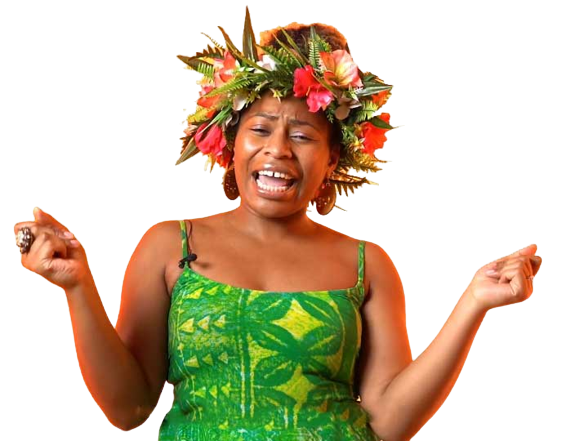
HAVE FUN WITH SLANG
Puaka ding dong, sanapati and tanapakani are just three of the slang words Ernestina Bonsu Maro from Pukapuka will teach you in a hugely entertaining YouTube video she created for Cook Islands language week. And I guarantee her infectious enthusisam will make you laugh out loud!
WATCH IT NOW
OTHER LANGUAGES
The least spoken language is PENRHYNESE which is unique to the Northern Group island of Penrhyn (aka Tongareva) and is rapidly disappearing. Fewer than 200 people can speak it. There are 10 vowels and 11 consanants. The only Penrhyn-English dictionary was published in 2003 but is long out of print. The language is also spoken - after a fashion - on Palmerston Island where it's mixed up with words from the Gloucestershire accent of England and where English is the only official language. More about this at the bottom of the page
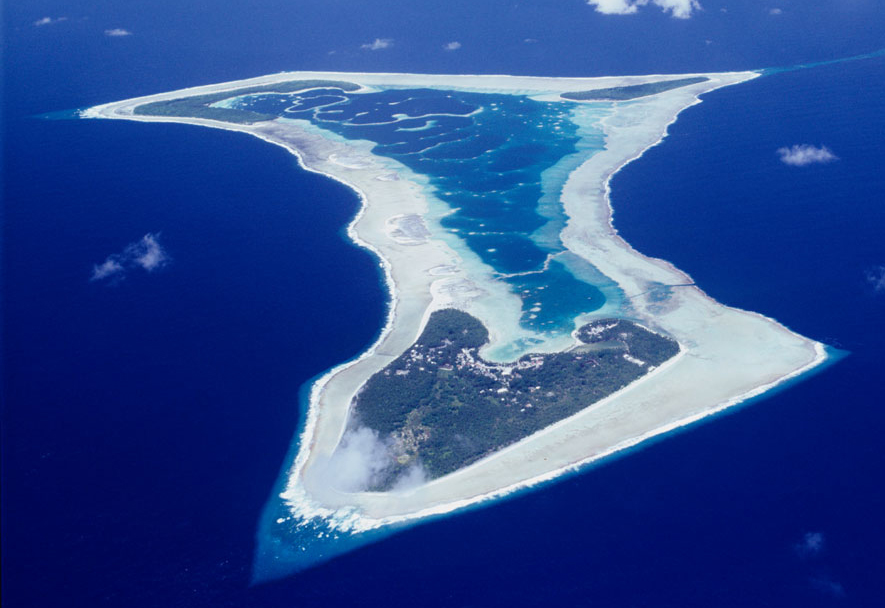
Penrhyn
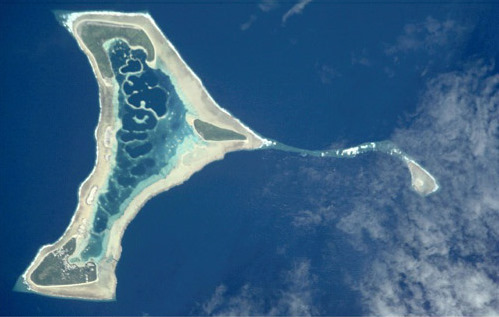
Pukapuka
PUKAPUKAN is more like the Samoan language than Cook Islands Maori and is completely unintelligible to many other Cook Islanders. There are more speakers outside Pukapuka than on the Northern Group island pictured here. It's estimated 2,300 people are fluent, with the majority in Australia and New Zealand. Until December, 2007, there was no known written form of the language. The very first work to be created was a translation of the Bible's New Testament which is still a work in progress
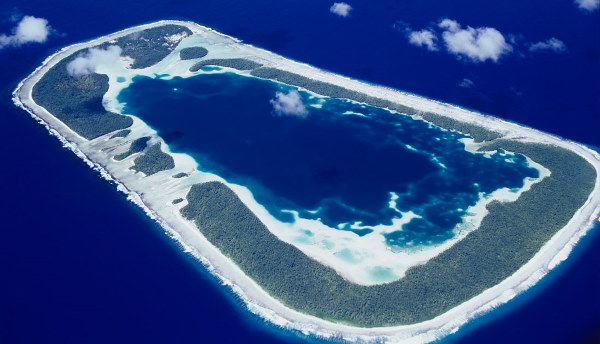
Rakahanga
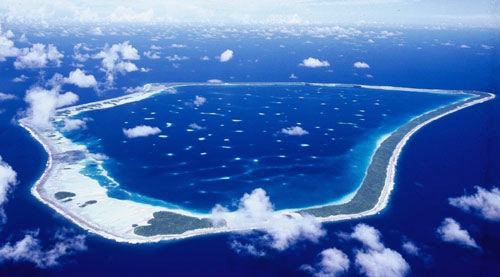
Manihiki
Still without any official written form though is RAKAHANGA-MANIHIKI which is spoken by about 2,500 Cook Islanders, only half of whom live on the two islands from which it takes its name. The rest are in New Zealand. Speakers of Cook Islands Maori can understand some of it, but not much.
Aerial photos of the islands courtesy of Ewan Smith, Air Rarotonga








